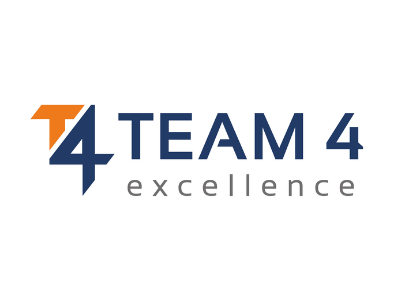Section outline
-
Privacy and security are old terms, but their importance only grew in recent years. The module “Privacy and Security” explains the modern interpretation of privacy as a human right in a digitalized era.
The Digital Citizenship Educational Handbook of the Council of Europe defines privacy as a right that “concerns mainly the personal protection of one’s own and others’ online information, while security is related more to one’s own awareness of online actions and behaviour.”
Privacy and security are dependent on each other, more so in a digital environment. Facing threats relating to hardware, software, and the user themselves, protecting one’s own privacy is a continuous challenge and responsibility for any digital citizen.
This course aims at raising awareness on the importance of privacy in relation to living a fulfilling life and the necessary steps that need to be taken to protect this privacy. It will present knowledge and practical advice on the fundamentals of modern security in the face of modern risks.
This course consists of 5 modules. We invite you to go through the course materials at your own pace and take the assessments at your convenience. After completing all the steps, you can download your course completion certificate.
We wish you happy learning!
-
Click above to read and download the Moodle Practical Guide for Learners and Trainers.
-
-
By the end of this module you will:
- Understand the definition of privacy.
- Recognize the importance of privacy.
- Explain the importance of privacy.
-
- Gain your first Badge "Initiator"
- Gain your first Badge "Initiator"
-
By the end of this module you will:
- Understand the definition of security.
- Recognize the importance of security.
- Explain the importance of security in the context of privacy.
-
By the end of this module you will:
-
Understand the definition of digital
environments.
- Recognize the influence of social network sites.
-
Understand the definition of digital
environments.
-
By the end of the Module you will:
-
Understand the role of hardware and software in
digital environments.
- Identify the individual risks of using hardware
and software.
- Recognize user-related risks relating to the usage of hardware and software.
-
Understand the role of hardware and software in
digital environments.
-
By the end of the Module you will:
-
Recall the basic means of security in digital
environments.
- Develop a basic security strategy to protect
one’s and other persons’ privacy.
- Develop an attitude that promotes conscious and responsible online
behaviours and interactions.
- Apply security measures to one’s devices, accounts, and digital
interactions.
-
Recall the basic means of security in digital
environments.
-
You have reached the end of the course.
Congratulations for going through all the online course modules!
The link "Download your certificate for the Privacy and Security course", will be available upon completing all the tasks listed below.
-
Acknowledgement. This learning material has received funding from the European Commission under the ERASMUS+ Grant Agreement 2019-3-RO01-KA205-078053, “Strategic partnership to develop open educational resources for teaching digital citizenship - DIGCIT”.
Disclaimer. The European Commission's support for the production of this publication does not constitute an endorsement of the contents, which reflect the views only of the authors, and the Commission cannot be held responsible for any use which may be made of the information contained therein.
Copyright notice. CC BY. This license allows reusers to distribute, remix, adapt, and build upon the material in any medium or format, so long as attribution is given to the creator. The license allows for commercial use. © 2020 - 2022 DIGCIT Consortium






